
Meet Danielle A. Scruggs, the Photographer Amplifying Everyday Black Life Through Digital Archives
She’s Preserving Our Stories — One Frame, One Archive at a Time
Black stories deserve to be told with the same depth, tenderness, and complexity afforded to every other narrative. Yet for generations, those stories have been minimized or erased. Photographer, archivist, and writer Danielle A. Scruggs has made it her life’s work to change that—to ensure Black life is documented in all its quiet power and beauty.

“I’ve always tried to amplify voices and perspectives that haven’t historically been amplified,” Scruggs told The Washington Post. “Not just for stories about Black subjects or Black things, but because hiring Black photographers should be the norm, not the exception.”
Her mission goes far beyond representation—it’s about reclamation. Scruggs deliberately resists the limiting extremes that have long shaped the portrayal of Black people in media: hyper-visible during moments of pain or triumph, yet invisible in their everyday humanity. Instead, she focuses her lens on ordinary moments—porch conversations, braiding hair, neighborhood rituals, the intimacy of shared laughter.
As NPR notes, Scruggs’ work challenges the idea that Blackness must always perform or resist. Her photography offers a counter-narrative, capturing stillness, familiarity, and self-possession. “There’s dignity in the mundane,” she has said. “There’s art in simply being.”
But Scruggs’ work doesn’t end with her camera. She is also the founder of Black Women Directors, a groundbreaking digital archive that documents and celebrates the achievements of Black women and nonbinary filmmakers from around the world. In an industry where recognition remains uneven, the archive functions as both record and resistance—a living testament that their contributions are not just worthy but essential.
“Film in general is something that I’ve been finding a lot of inspiration from,” she told The Cut. “Not just for my photography, but for my writing as well. It’s all connected—it’s all storytelling.”
Legacy, for Scruggs, is not an abstract concept—it’s a practice. Every photo, essay, and archived name becomes an act of preservation. She hopes that decades from now, her work will allow future generations to see evidence of care, love, and creative brilliance that has always existed in Black communities.
“I see our value even when no one else sees it,” she says. “I see the work we’ve done collectively to make this world a better place.”
As Smithsonian Magazine observes, her approach represents a broader movement among Black photographers and archivists reclaiming visual history from erasure. Scruggs’ artistry is part of that continuum—a lineage that stretches from Gordon Parks to Carrie Mae Weems to contemporary documentarians redefining Black visual culture today.
Storytelling, for Scruggs, extends far beyond galleries or film reels. It lives in oral traditions, in the rhythm of hand-clapping games, and in the rituals passed from generation to generation. “Play is preservation,” she explains. “It’s how we remember ourselves.”
That understanding is what drew her to the Because of You: Legacy in Focus LEGO collection, a project that merges creativity with cultural memory. “A LEGO set dedicated to Black storytelling isn’t just about representation—it’s about engagement,” she says. “It invites people to build history with their hands. That’s what legacy looks like—it’s something you can hold, pass down, and keep alive.”
Through every commission, photograph, and archival effort, Danielle A. Scruggs is ensuring that Black stories aren’t just captured—they’re kept. Her work carries a quiet conviction: that visibility is power, that art is memory, and that no generation should ever have to search for proof of their worth.
As she puts it, “I needed to see myself before I even knew how to show myself. Now I want the next generation to know—they’ve always belonged.”
News in the same category


How to Store Fresh Ginger for Up to a Year — No Fridge Needed!
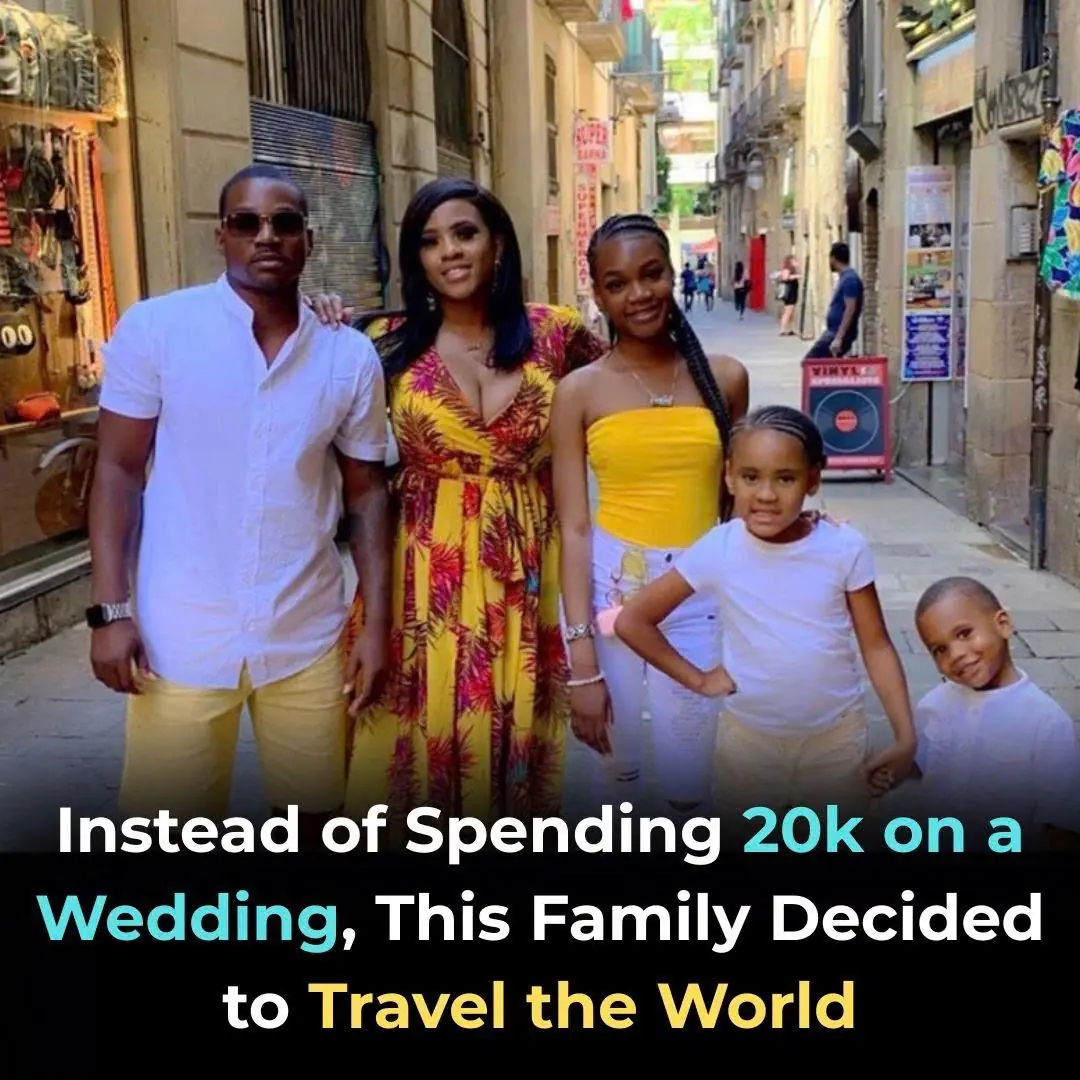
Instead of Spending 20k on a Wedding, This Family Decided to Travel the World
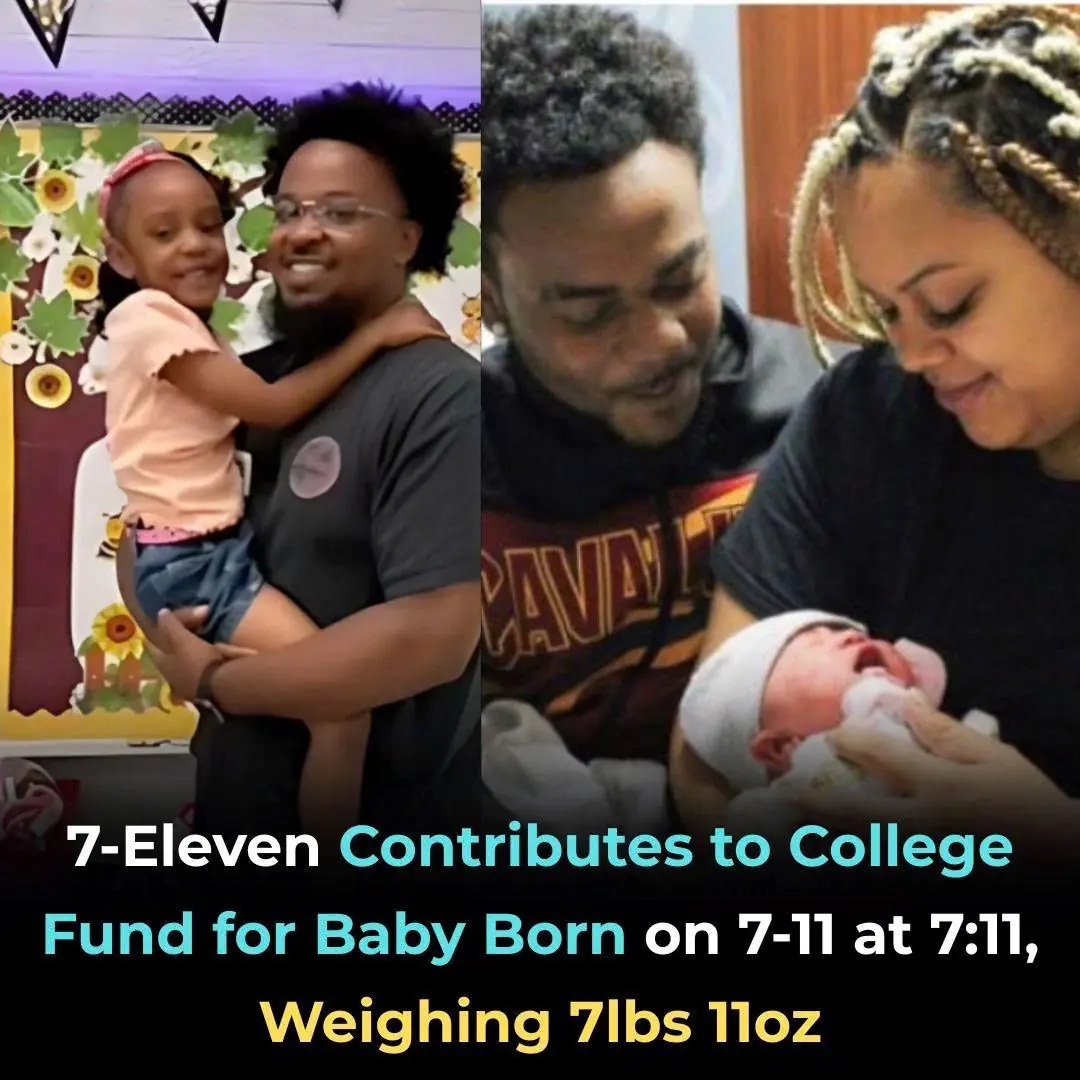
7-Eleven Contributes to College Fund for Baby Born on 7-11 at 7:11, Weighing 7lbs 11oz
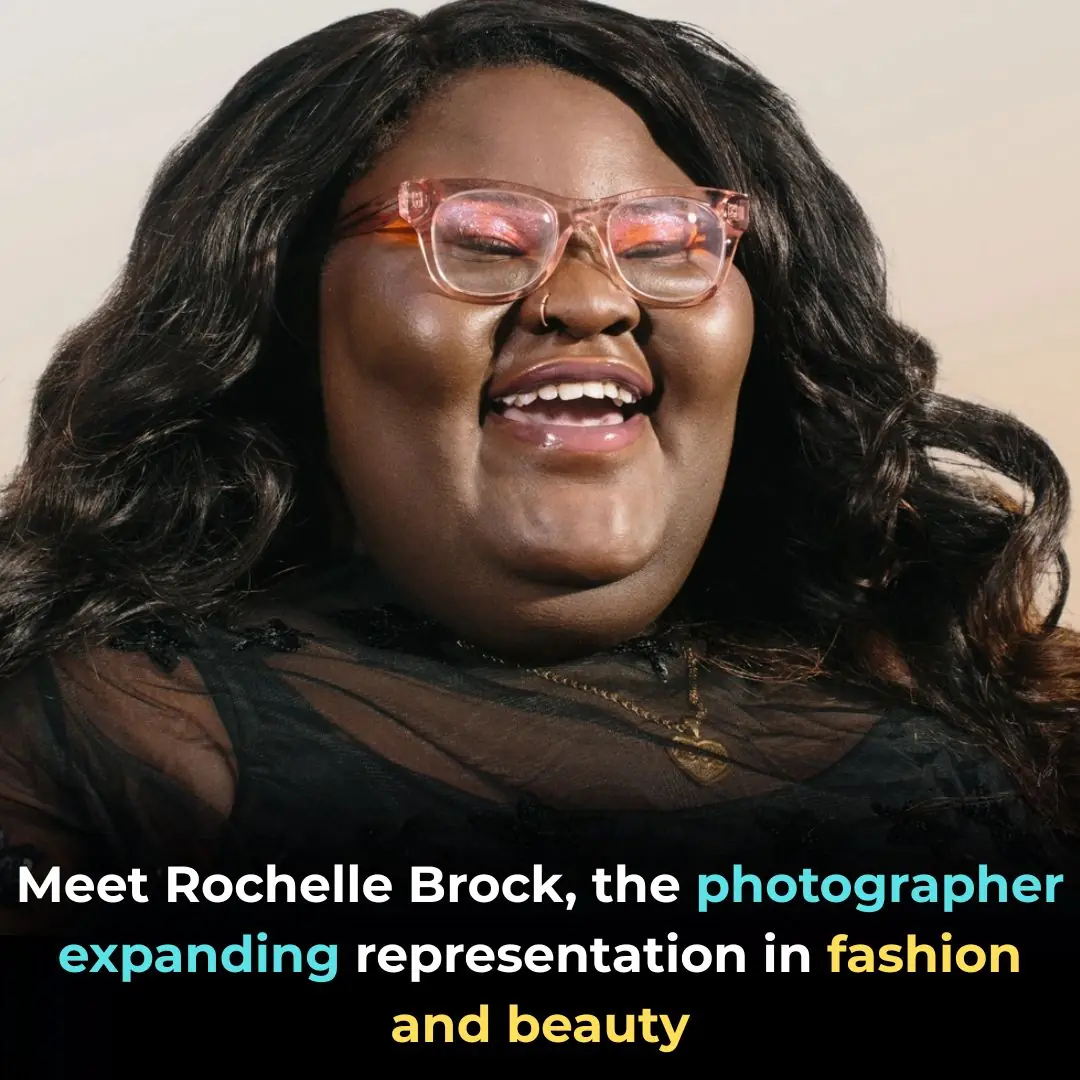
Meet Rochelle Brock, the Photographer Expanding Representation in Fashion and Beauty
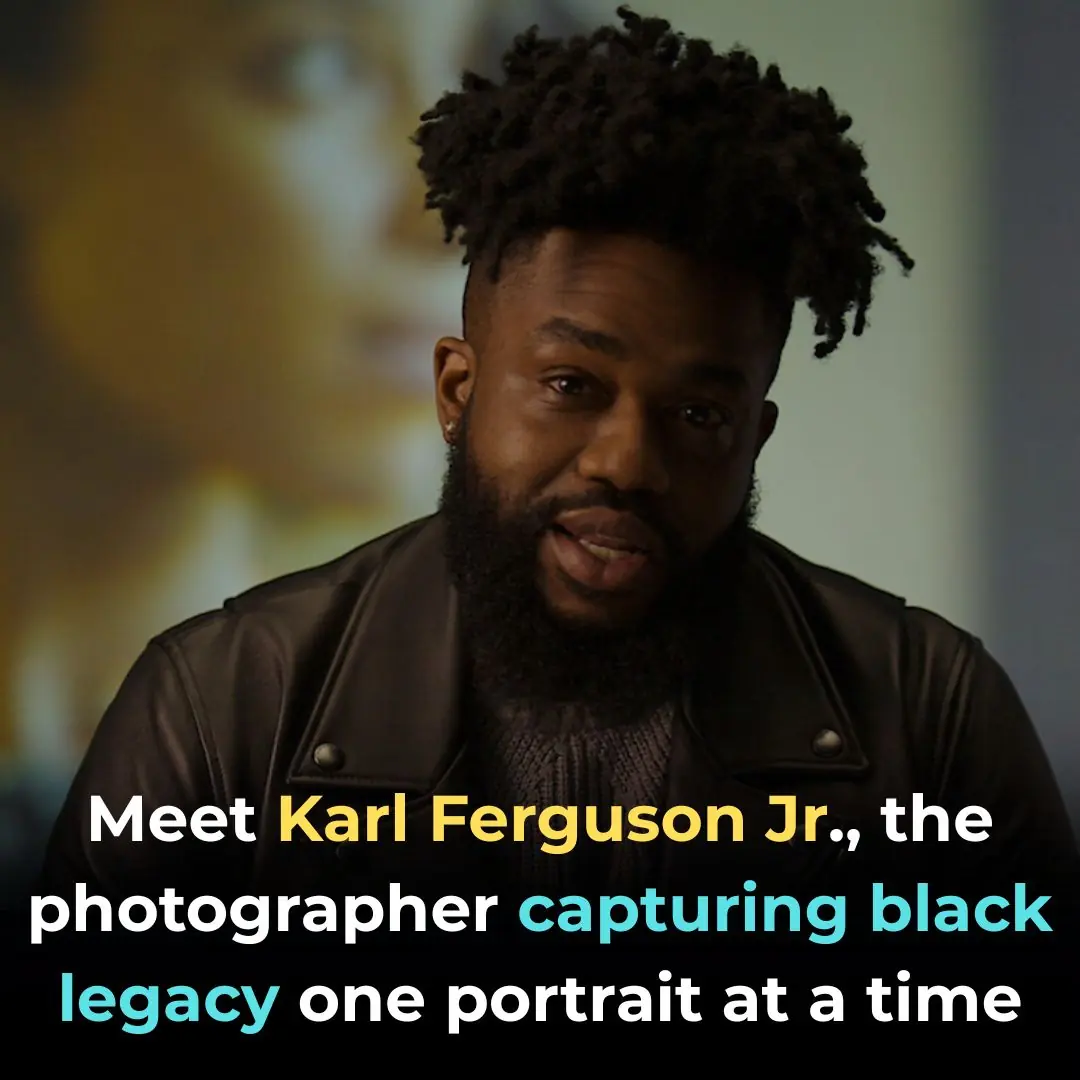
Meet Karl Ferguson Jr., the Photographer Capturing Black Legacy One Portrait at a Time
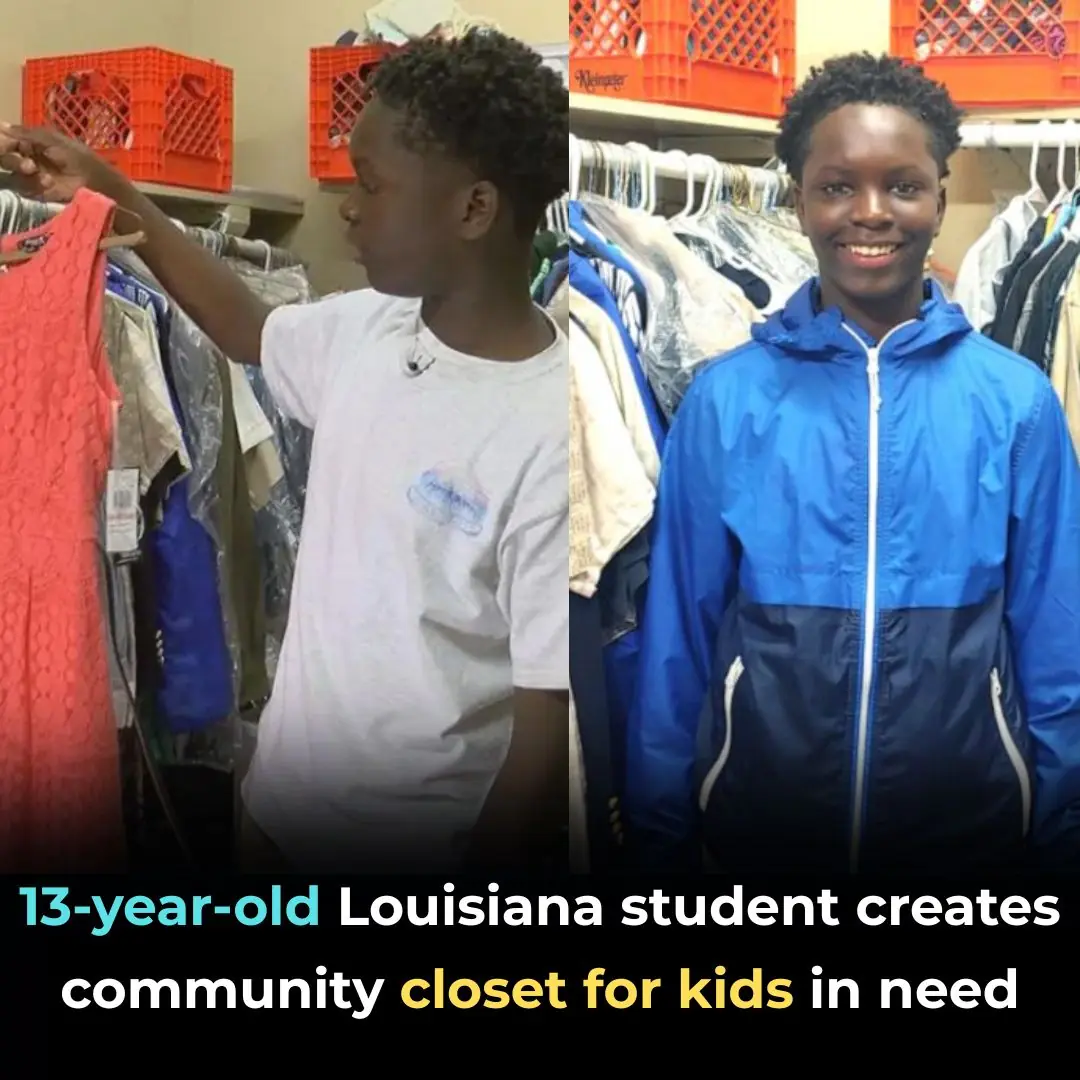
13-Year-Old Louisiana Student Creates Community Closet For Kids In Need

‘Oh Karen’: Milwaukee Attorney’s Drunken Threat to Fan at Baseball Game Backfires Spectacularly — and the Internet’s Loving It
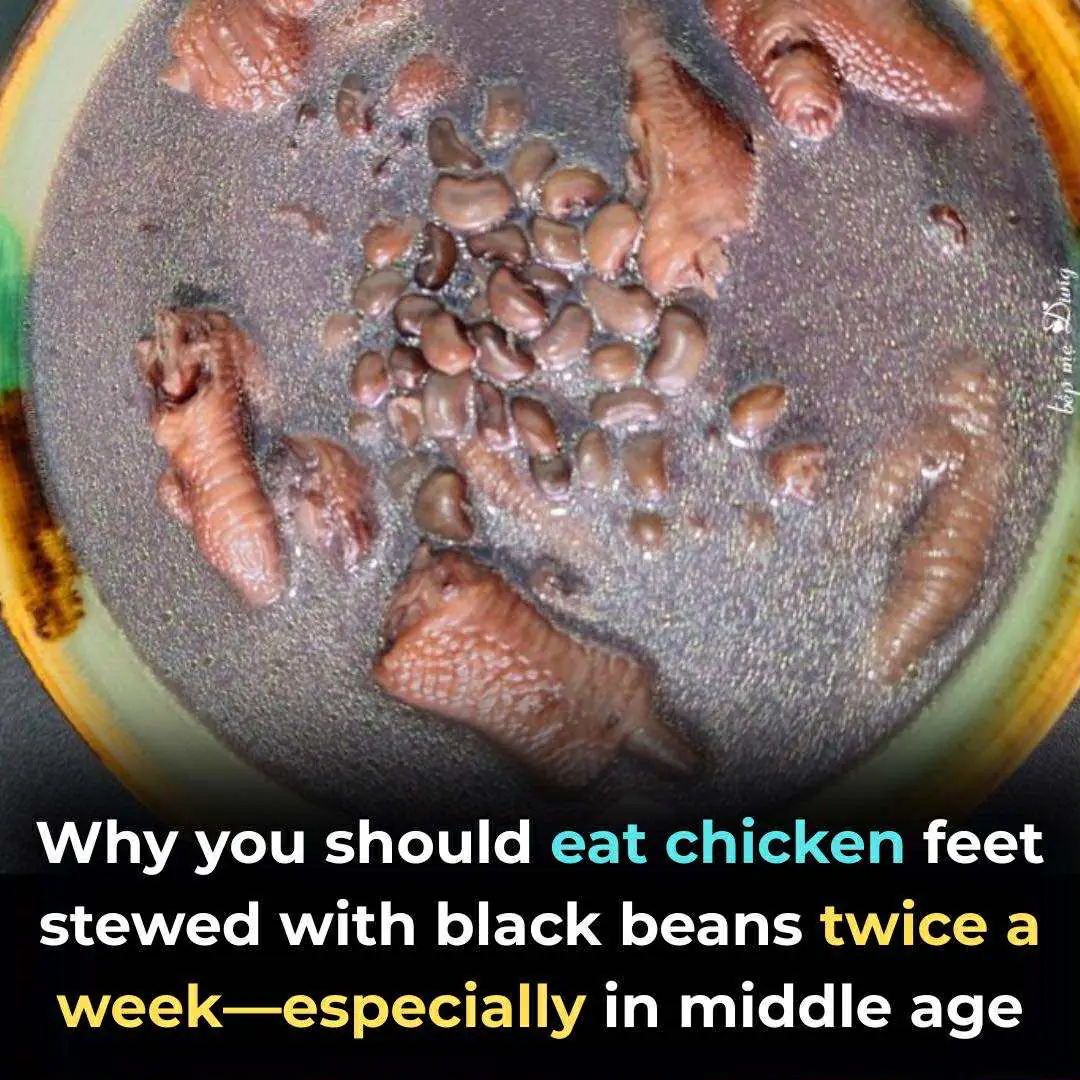
Chicken Feet Stewed with Black Beans: The “Collagen Soup” as Nutritious as Ginseng

Save Hundreds on Electricity Bills Every Year by Cleaning This Hidden Part of Your Rice Cooker

7 Foods That Can Last for Years — Even “Past Expiration” Dates

Can Lemon Seeds Help with Snake Bites? Experts Explain the Truth — and Safe First-Aid Steps You Should Know

Reverse Premature Gray Hair Naturally: The Simple Starfruit & Potato Peel Remedy That Works Like Magic

The 4 Golden Hours to Drink Coffee for Maximum Health Benefits — Cleanse Your Liver, Boost Digestion, and Stay Energized

‘Start Talking Like This, They Lost Their Hunger ‘: Bills Fans Panic. Slumping Josh Allen Says Wife Hailee Steinfeld Taught Him He’s More Than A NFL Player
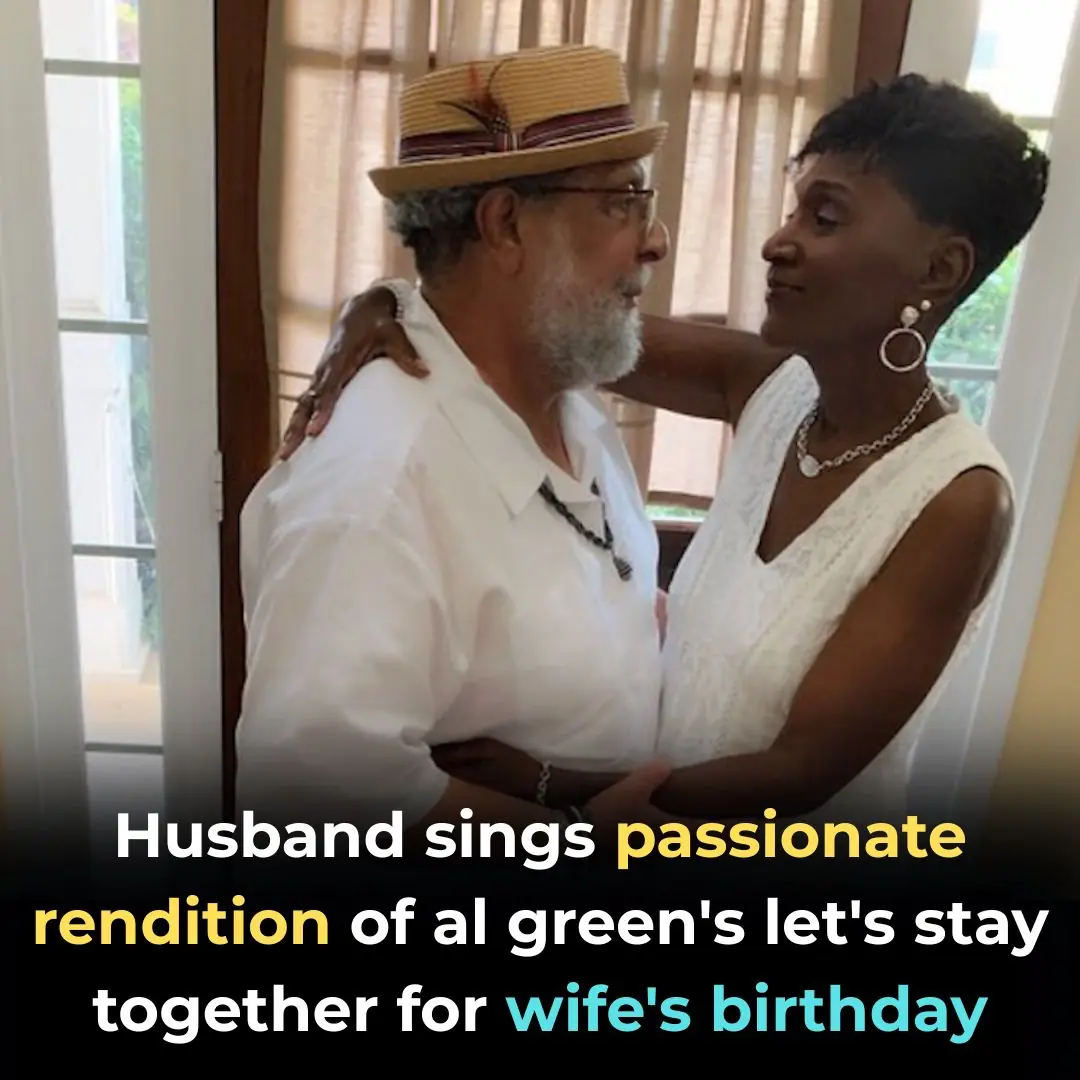
Husband Sings Passionate Rendition of Al Green’s Let’s Stay Together for Wife’s Birthday

Cordae Fulfills Mom’s Lifelong Dream Of Becoming a Singer by Inviting Her to Join Him on Tiny Desk

NBA Star Jayson Tatum Invests $2M in Homeownership Initiative for Families in Hometown of St .Louis
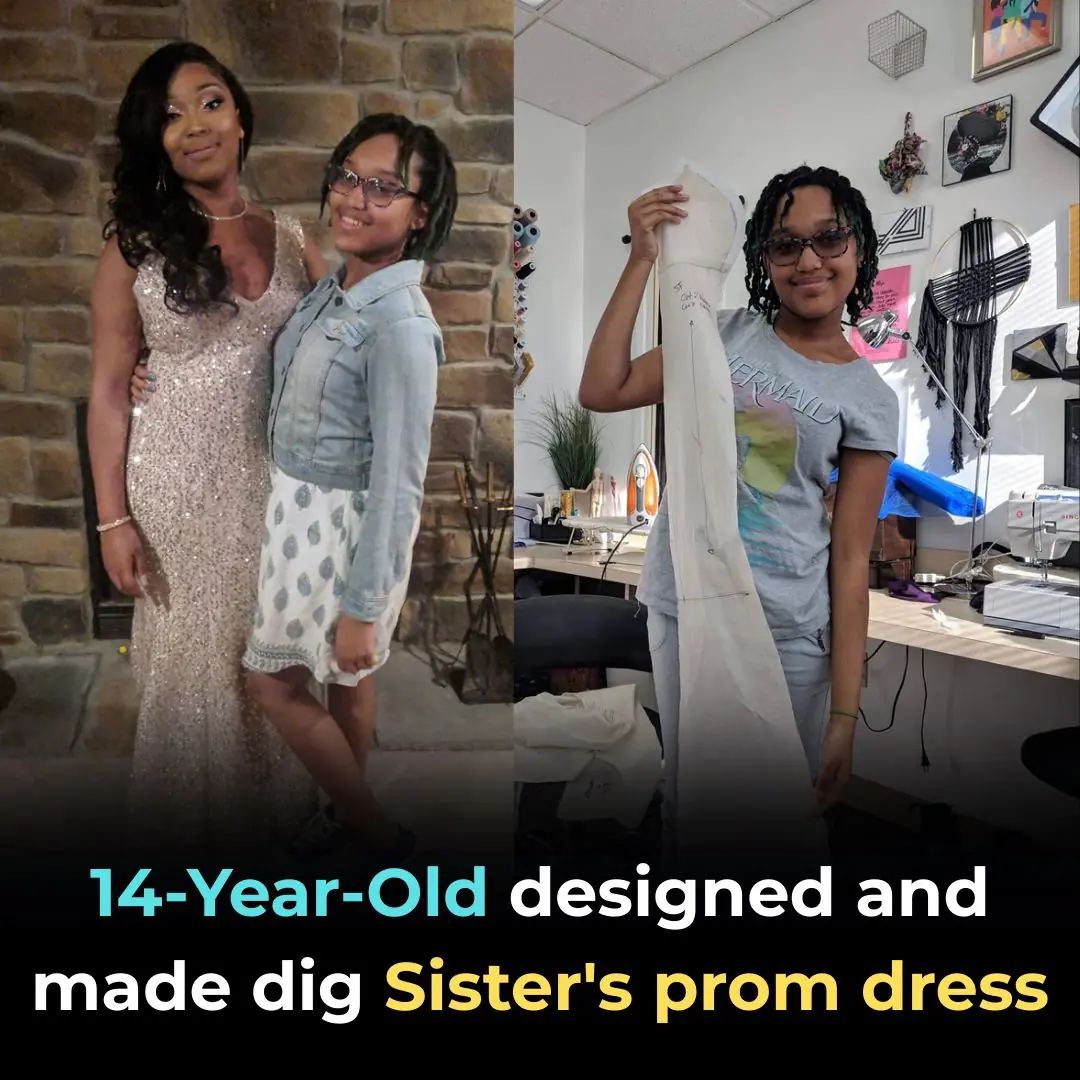
14-Year-Old Designed and Made Big Sister’s Prom Dress
News Post

A Hug That Heals: Rescuing a Traumatized Child

Compassion on the Menu: Argentinian Restaurant Gives Stray Dogs a Place to Belong

Stranded on the Highway — and Then 9 Strangers Changed Everything.
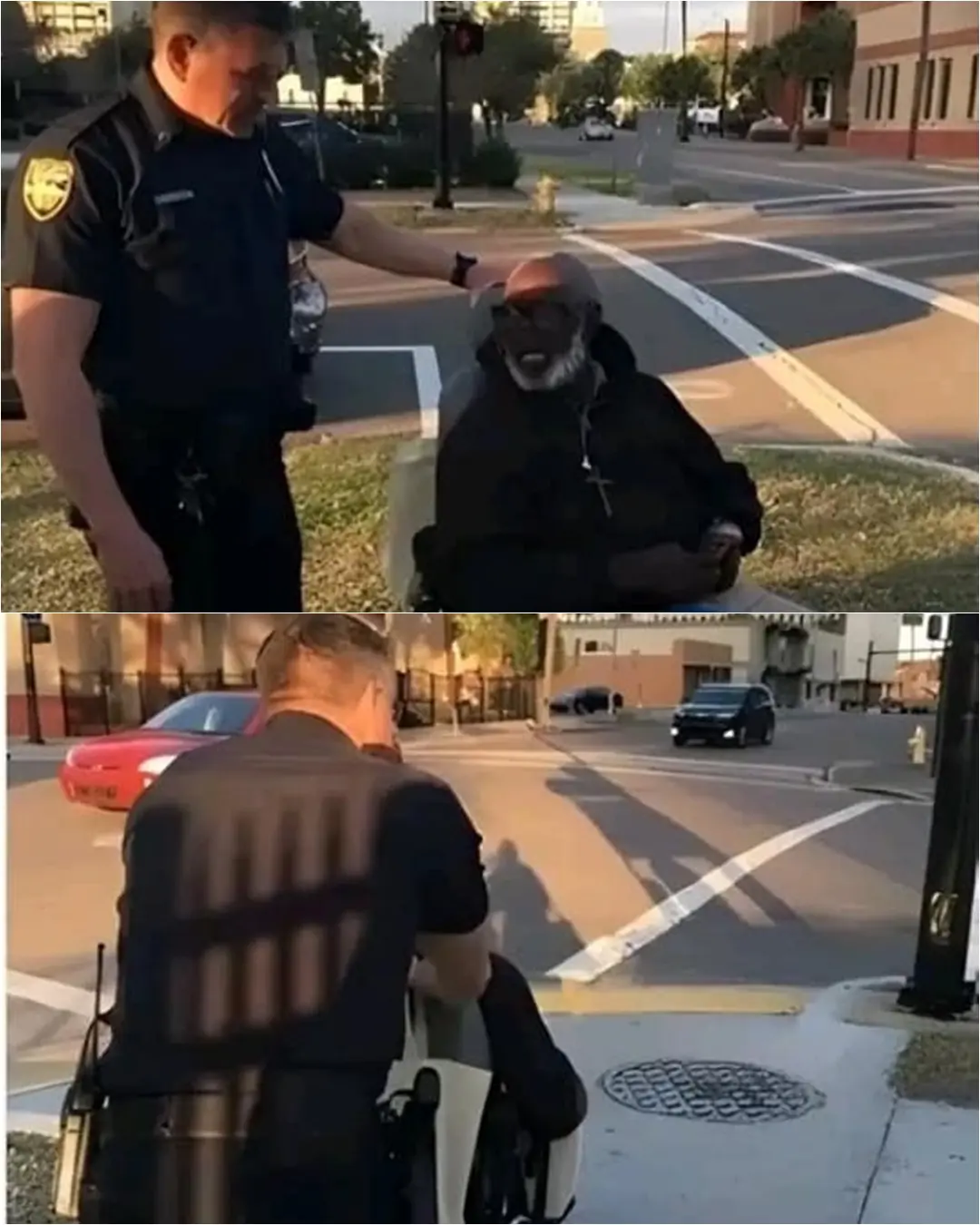
A Long Push, A Quiet Kindness.

Top 3 Natural Remedies for Tooth Decay Using Guava Leaves

Life Skills in Action: How a 14-Year-Old Saved the Day on a Family Road Trip

The Gift of Life: How Blood Donations Save Children Fighting Cancer

The Secret to Perfectly Sweet and Fluffy Boiled Sweet Potatoes: Add Just One Spoon of This!
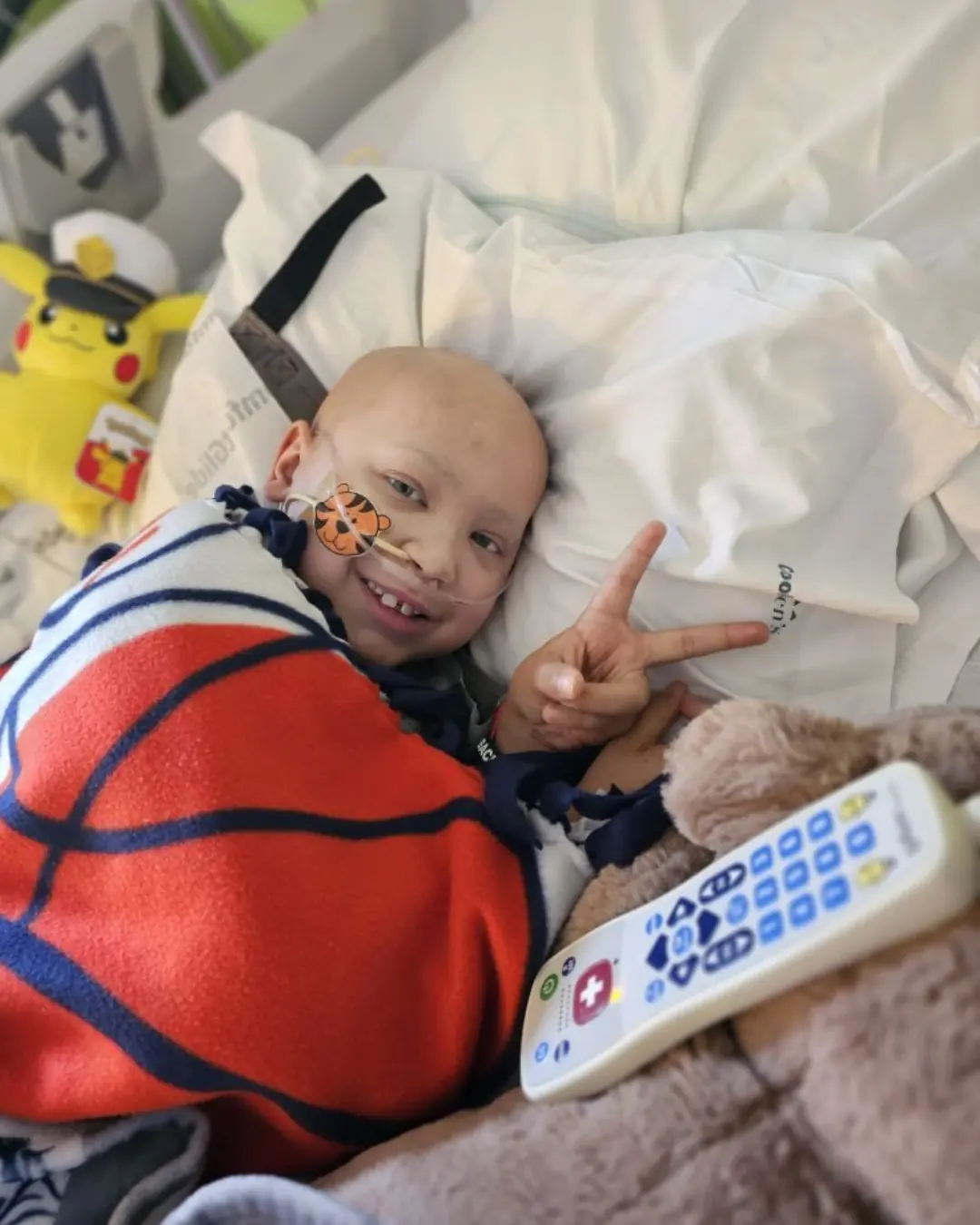
Surviving the ICU: Carter’s Story of Strength and Grace
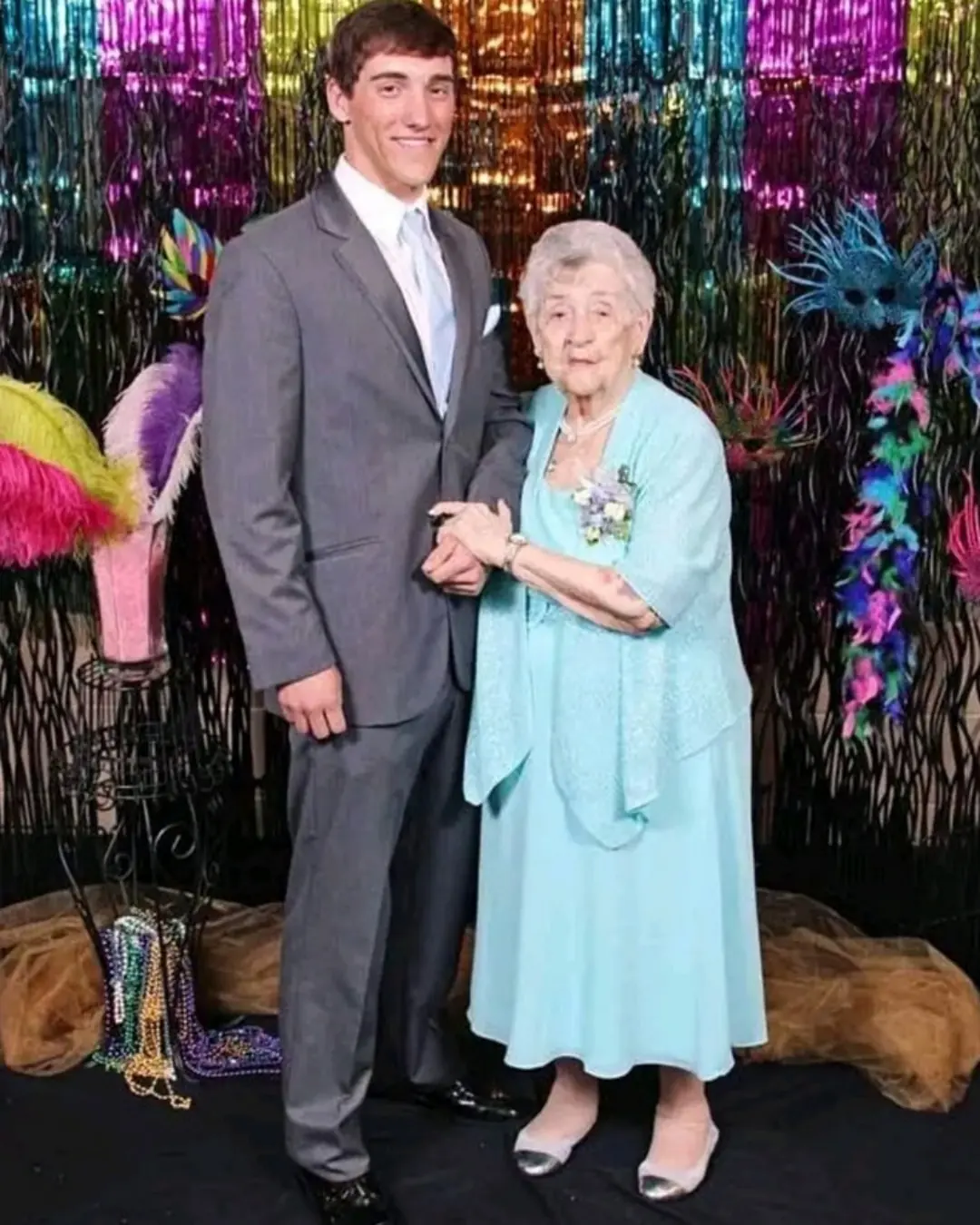
A Night to Remember: 19-Year-Old Austin Takes His 89-Year-Old Great-Grandma to Prom

How to Store Fresh Ginger for Up to a Year — No Fridge Needed!
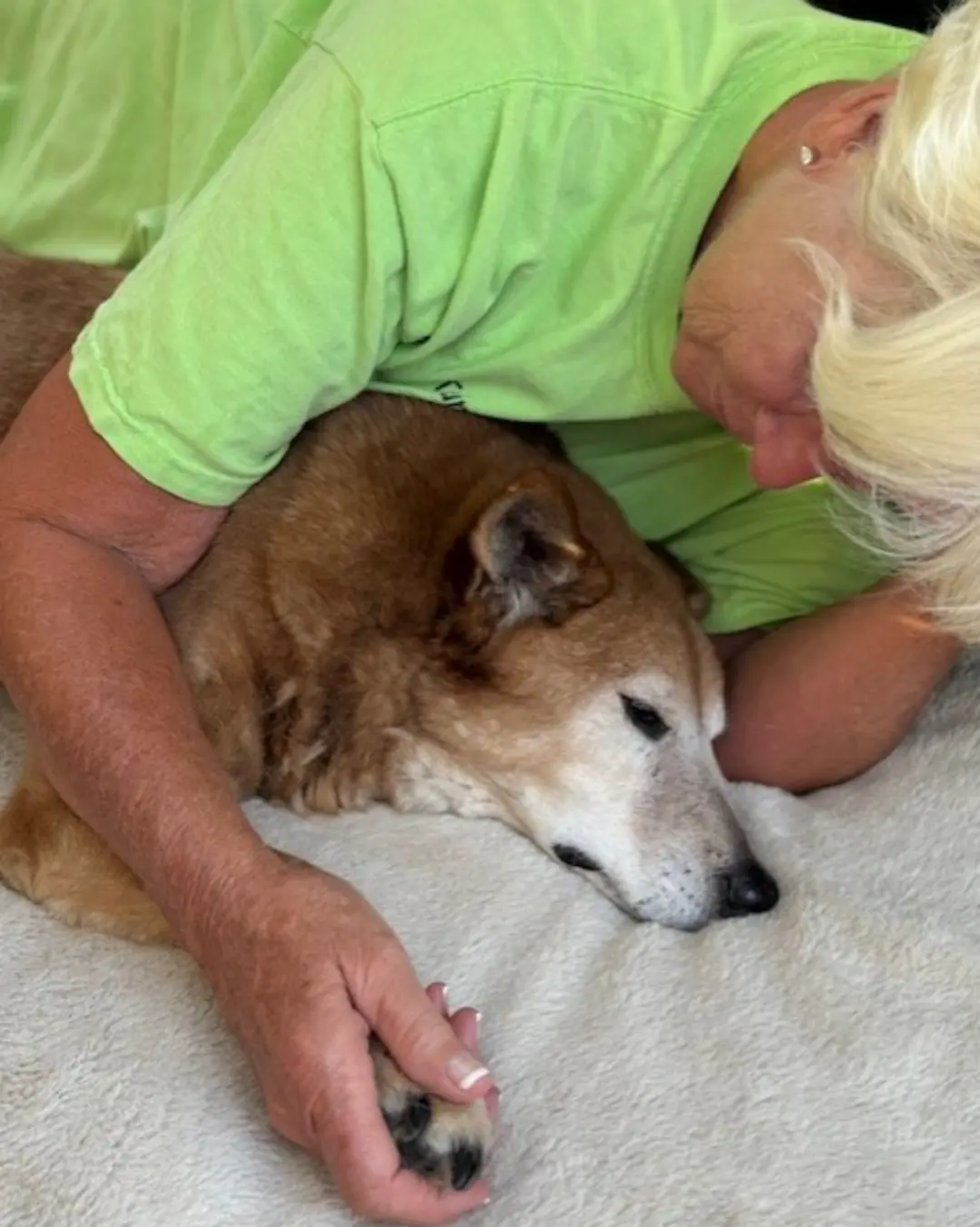
Our Oldest Rescue, Tiger, Crosses the Rainbow Bridge: A Legacy of Love and Hope

Halo’s Second Chance — A Promise of Forever

Why should you put your suitcase in the bathroom when checking into a hotel: Extremely important reason, those who don't know are at a disadvantage

The washing machine accumulates a lot of dirt and bacteria: Pour 1 bowl of this into the washing drum to clean like new, clothes smell fresh right away

Put the phone down on the table, why you should put the screen face down: Know the reason no one wants to do the opposite

Comfrey Fertilizer: The Secret Natural Booster Your Garden Needs
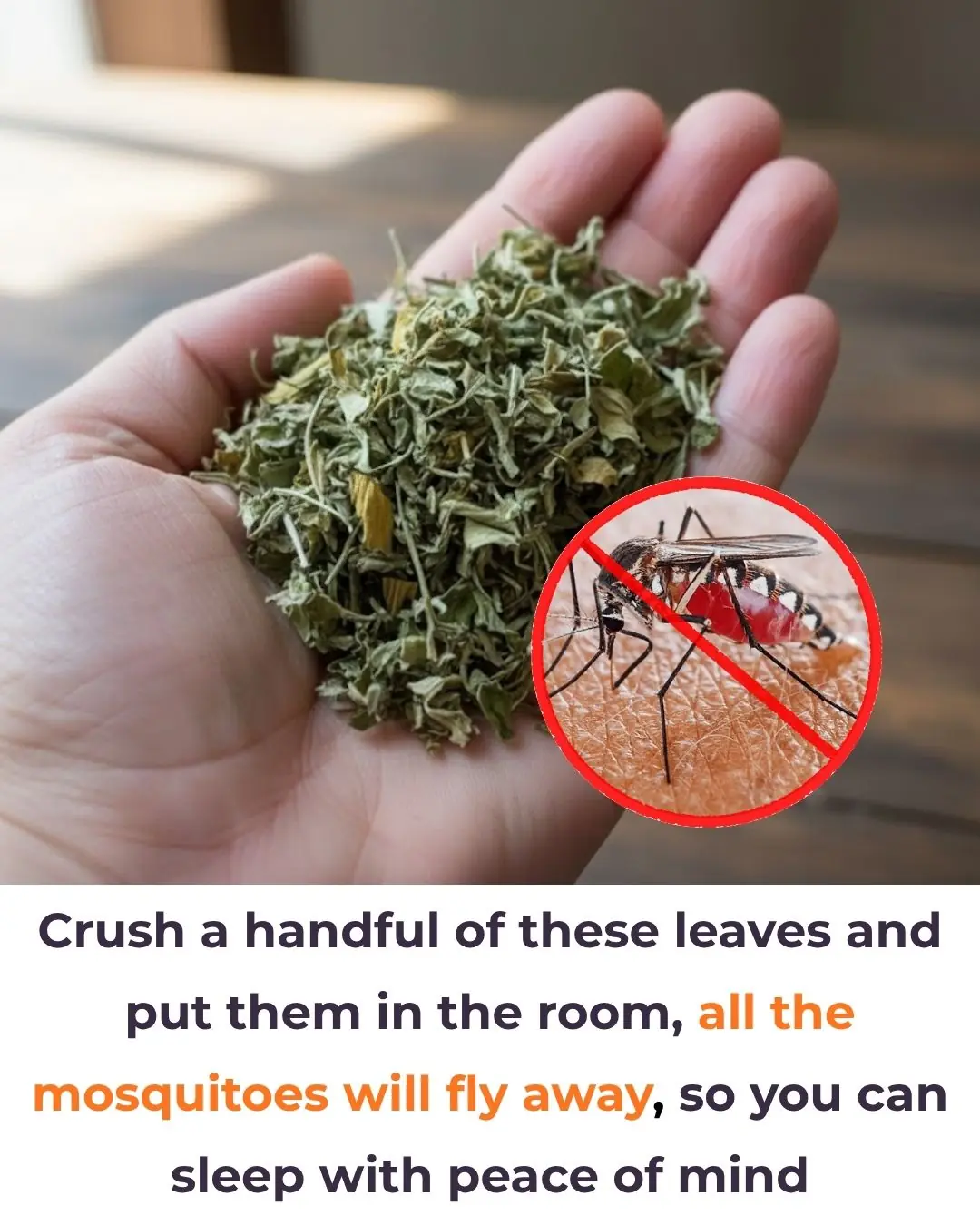
Crush a handful of these leaves and put them in the room, all the mosquitoes will fly away, so you can sleep with peace of mind

Don’t Just Put Shrimp Straight into the Fridge! Do This Extra Step and Keep Shrimp Fresh and Delicious for Up to a Month Without Losing Flavor
